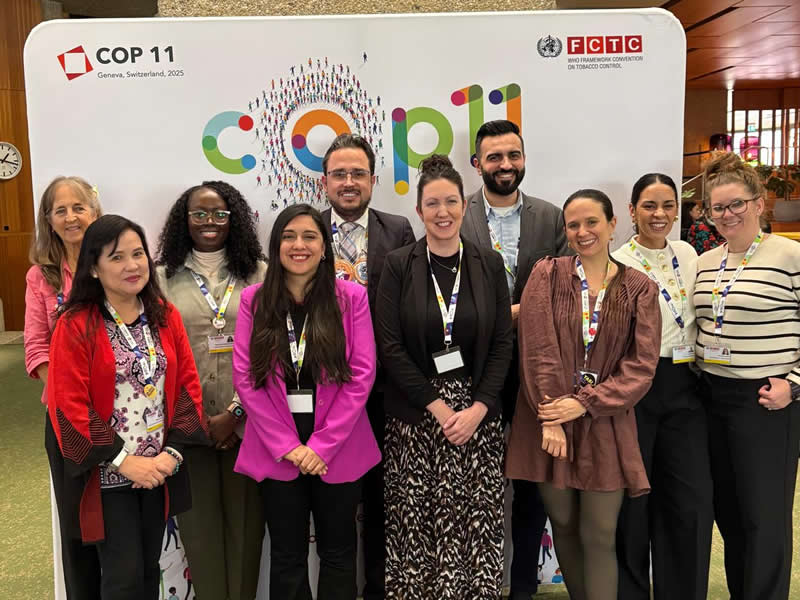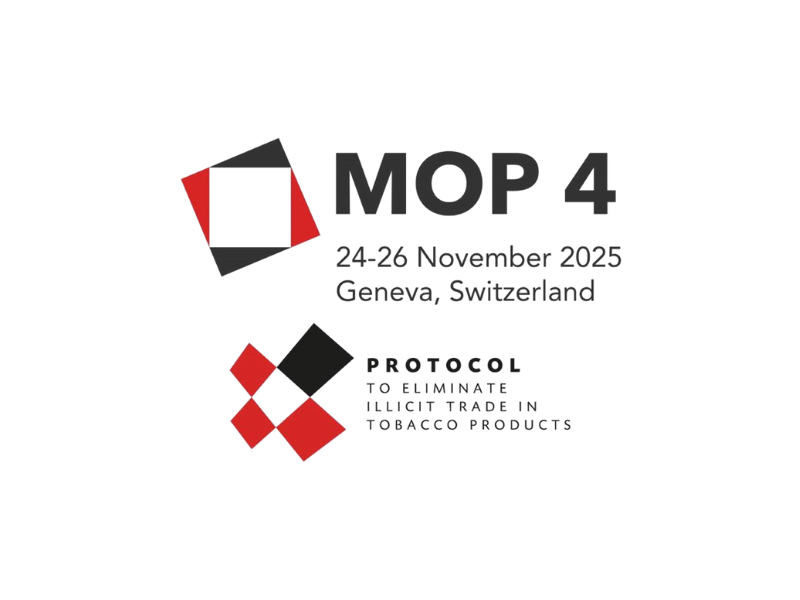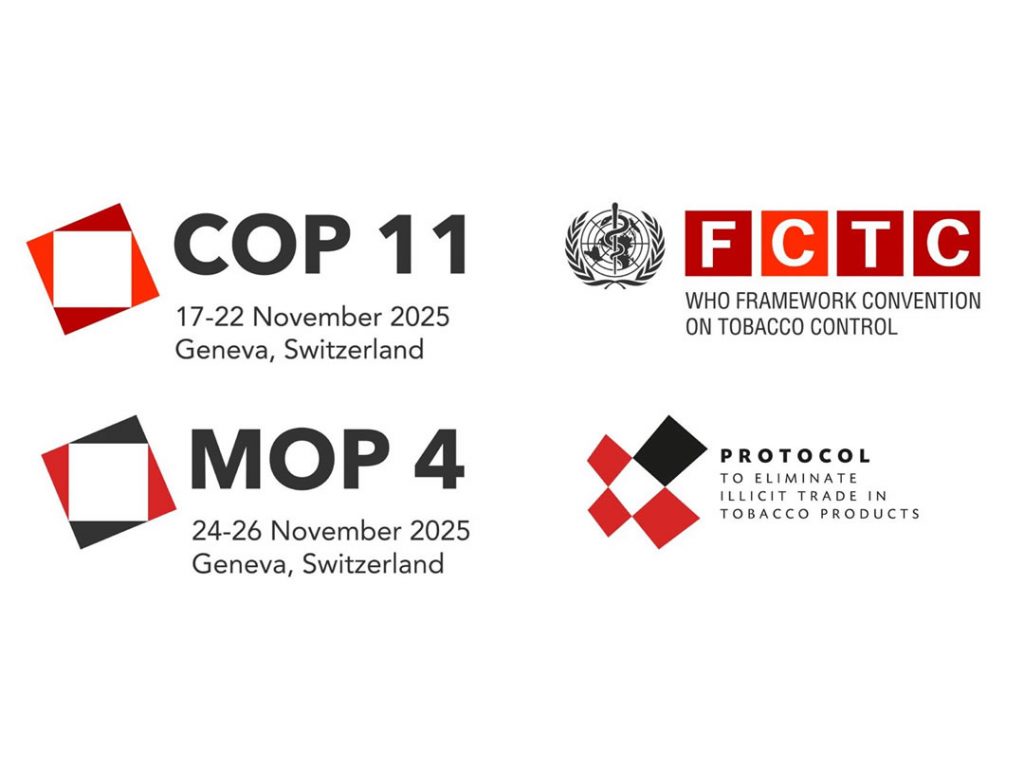The Global Alliance for Tobacco Control (GATC), formerly the Framework Convention Alliance (FCA), is a global network of civil society actors working towards a world free from the devastating health, social, economic, and environmental consequences of tobacco.
NEWS & EVENTS
HISTORY
FCA was created in 1999 and formally established in 2003. The Alliance is made up of hundreds of organisations from over 100 countries. In 2022, the Framework Convention Alliance rebranded as the Global Alliance for Tobacco Control (GATC).
GATC works on the development, ratification, and implementation of the international treaty, the World Health Organization (WHO) Framework Convention on Tobacco Control (FCTC). The WHO FCTC is the world’s first modern-day global public health treaty. It requires Parties to adopt a comprehensive range of measures designed to reduce the devastating health and economic impacts of tobacco.
GATC is also a leading advocate for including the FCTC and global tobacco control in the international health and development framework, including the Sustainable Development Goals (SDGs) that were adopted by the UN General Assembly in 2015. The GATC’s work is overseen by an elected Board of Directors. The executive director leads GATC staff, including regional coordinators based in WHO regions.
Global Alliance for Tobacco Control
The Alliance is made up of hundreds of organisations from over 100 countries
WHAT WE’RE DOING
CURRENT LANDSCAPE & OUR PRIORITIES
GATC strongly advocated for the adoption of the plan under which the Secretariat and Parties to the Convention are shifting focus from the development of WHO FCTC guidelines and protocols to implementation. In recognition of the changing landscape and strategic directions being adopted, the GATC has adapted our work and programs to meet emerging needs.
The WHO FCTC is currently amid a medium-term strategic plan called The Global Strategy to Accelerate Tobacco Control 2019-2025.
ALIGNMENT WITH THE SDGs
Well-funded, evidence-based, and effective tobacco control policies contribute to progress on all the SDGs (Sustainable Development Goals).



